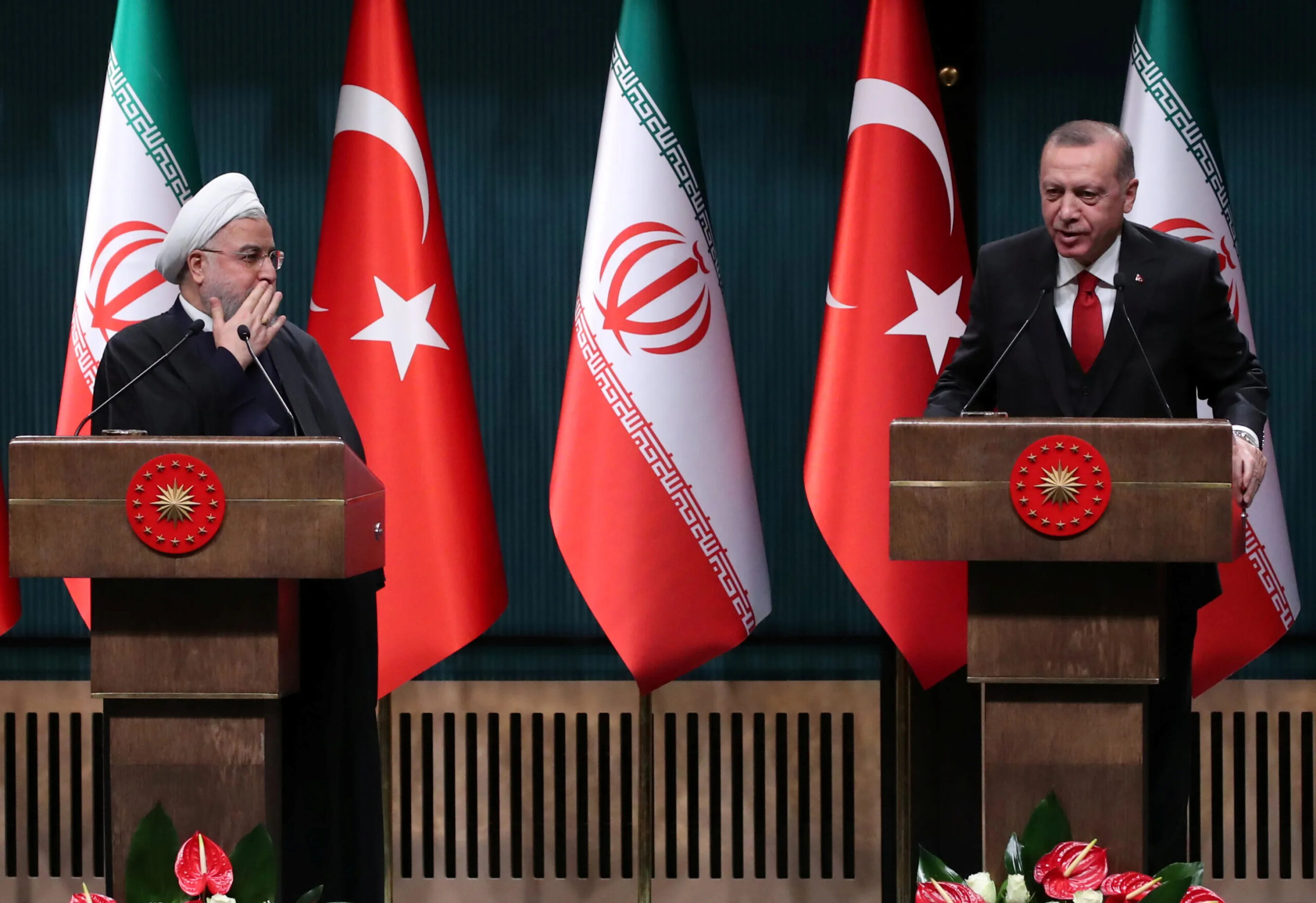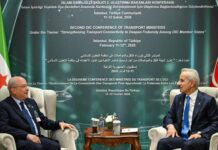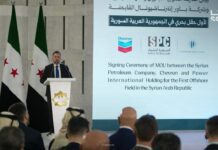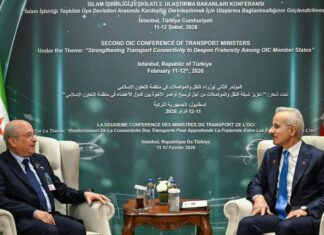
After nearly two weeks of silence, Bashar al-Assad publicly addressed the Turkish efforts to reconcile and normalize relations with his regime. Speaking during his participation in the People’s Assembly elections on Monday, Assad expressed a “positive” outlook toward initiatives aimed at improving relations with Turkey. He also indicated a willingness to meet with Turkish President Recep Tayyip Erdogan, provided the meeting serves Syria’s national interests.
“As we said on more than one occasion and statement, we are positive towards any initiative to improve the relationship, and this is the natural thing. No one thinks about creating problems with his neighbors, but this does not mean to go without rules,” Assad said.
Assad emphasized that any meeting with Erdogan must be “productive,” focusing on “substantial issues” such as the cessation of alleged Turkish support for “terrorism” and the withdrawal of Turkish forces from Syrian territory. “The problem does not lie in the meeting with President Erdogan, but rather in the content and purpose of the meeting,” he stated. Assad underscored the necessity for the meetings to have clear rules and references, warning that a failure in methodology could lead to adverse consequences.
This marks the regime’s second comment on the subject within days, following a statement from Syria’s Ministry of Foreign Affairs that any initiative to restore relations must be based on clear foundations, including the withdrawal of Turkish forces and combating terrorist groups that threaten the security of both Syria and Turkey.
The renewed dialogue comes as Turkish officials, including President Erdogan, express a desire to restore relations to address common concerns such as the presence of the PKK in northeastern Syria and the return of Syrian refugees.
Despite the seemingly positive stance from Damascus, leaked documents reveal Iran’s apprehension regarding the potential rapprochement between Syria and Turkey. Tehran, a crucial ally of Assad, has reportedly been wary of these developments. The leaked files highlight Iran’s strategic interest in maintaining its influence in Syria and the possible threat posed by Turkish-Assad normalization to Iranian interests.
One document from the Iranian Supreme National Security Council indicates Iran’s dissatisfaction with being excluded from the Turkish-Assad talks. The document reveals that Iran has sought to involve neighboring countries in dialogue with the Assad regime since the onset of the Syrian crisis. However, Turkey has resisted Iranian participation, using the secrecy of the discussions as justification.
Iranian officials are concerned that progress in Turkish-Assad negotiations, particularly those facilitated by Russia, could undermine its strategic position in Syria. Iran has heavily invested in Assad’s regime, both militarily and economically, and sees any significant shift in Syrian alliances as a potential threat to its influence in the region.
Iran’s unease is further compounded by the publication of an economic agreement aimed at recovering debts from the Assad regime, a move seen as a preemptive measure to solidify Iran’s economic foothold in Syria amidst the evolving political landscape.
Erdogan has publicly called on both the US and Iran to support steps aimed at ending the Syrian conflict. Erdogan has suggested that terrorist organizations will attempt to derail this process but has expressed confidence in Turkey’s ability to counter such provocations.
Iranian media outlets have criticized Erdogan’s role in the Syrian crisis, accusing him of complicating the situation. These reports argue that the restoration of Turkish-Assad relations is not straightforward, particularly given Erdogan’s reluctance to acknowledge past mistakes.








